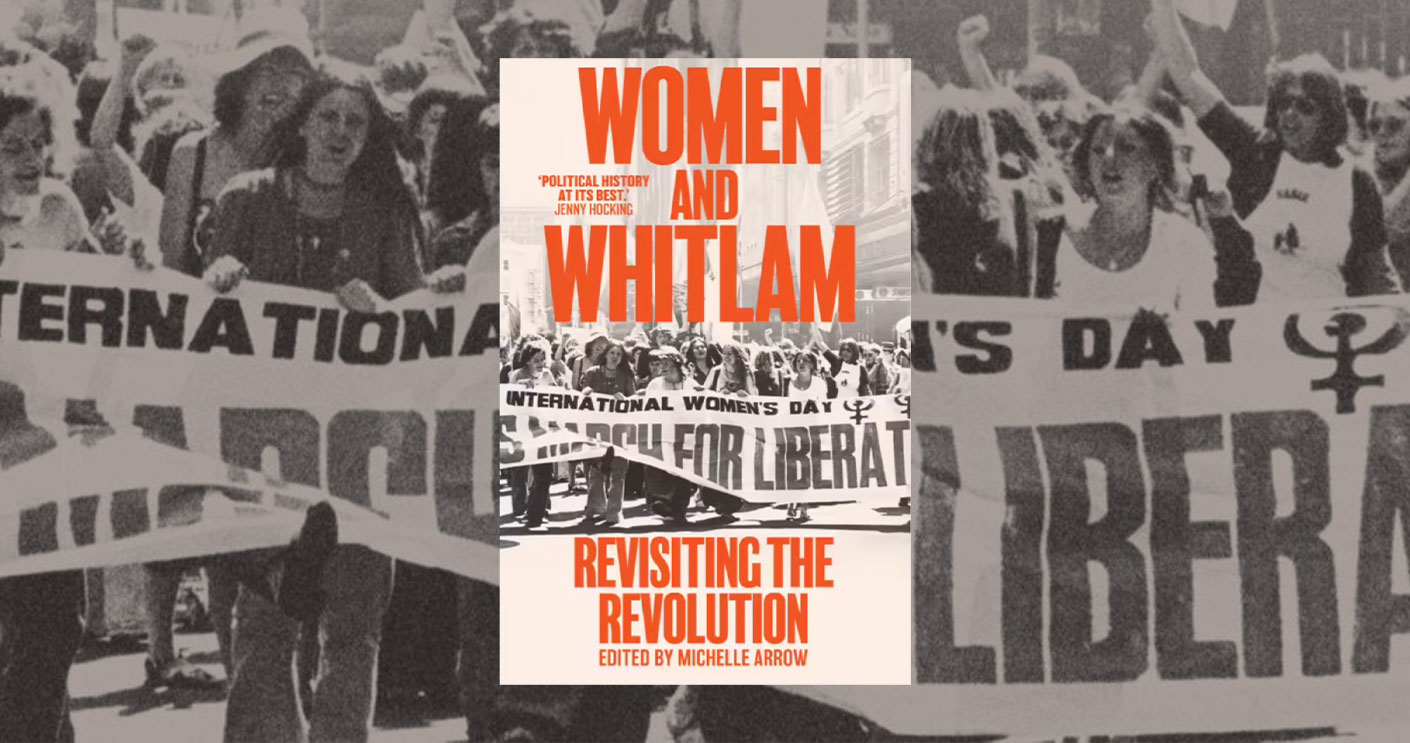The book Women and Whitlam: Revisiting the Revolution, edited by Professor Michelle Arrow from the Department of History and Archaeology, brings together a collection of essays from 25 contributors to explore the impact of the Whitlam government on the transformation of women’s political engagement and their everyday lives.
By the late 1960s, a new political movement – the Women’s Liberation Movement – had emerged from the West and began to have significant implications for Australian politics. The movement paved the way for a great flourishing of feminist activism in the 1970s, but it was the lead-up to the 1972 election that ensured women’s voices and votes could not be ignored.
The formation of the Women’s Electoral Lobby (WEL) in 1972 forced women’s political issues onto the national agenda like never before. WEL interviewed every candidate running in the 1972 election and ranked them based on their policy positions on women’s issues. The survey had a huge impact on the election campaign and exposed that neither of the major parties had explicit platforms or policies relating to women.
Gough Whitlam was elected in 1972, and initially no women were appointed to his government. The following year, in a world first, activist and academic Elizabeth Reid was appointed Women’s Affairs Adviser to the Prime Minister. The Whitlam era was a period of significant reform in many aspects of life, but the scale and scope of reforms for women were remarkable, achieving a staggering amount in just three years. It reopened the equal pay case, extended the minimum wage for women, introduced the single mother’s benefit and paid maternity leave in the public service, ensured cheap and accessible contraception, funded women’s refuges and women’s health centres, introduced no-fault divorce, expanded access to childcare, and introduced free university education.
“This book pays tribute to the feminist activists of the 1970s, and I hope that it might introduce some of these women to a new generation,” says Professor Arrow. “By placing their essays alongside writing by younger feminists, I hope it can create productive, intergenerational conversations.
“I also hope that the book shows us that there are many different ways to achieve reform and that we need to use all the levers at our disposal if we’re going to make life better for all women – from radical protest to working with government. And most importantly, if you want a better world, you need to turn up and help make that change!”
Women and Whitlam: Revisiting the Revolution was published by UNSW Press.


 Back to homepage
Back to homepage
Comments
We encourage active and constructive debate through our comments section, but please remain respectful. Your first and last name will be published alongside your comment.
Comments will not be pre-moderated but any comments deemed to be offensive, obscene, intimidating, discriminatory or defamatory will be removed and further action may be taken where such conduct breaches University policy or standards. Please keep in mind that This Week is a public site and comments should not contain information that is confidential or commercial in confidence.